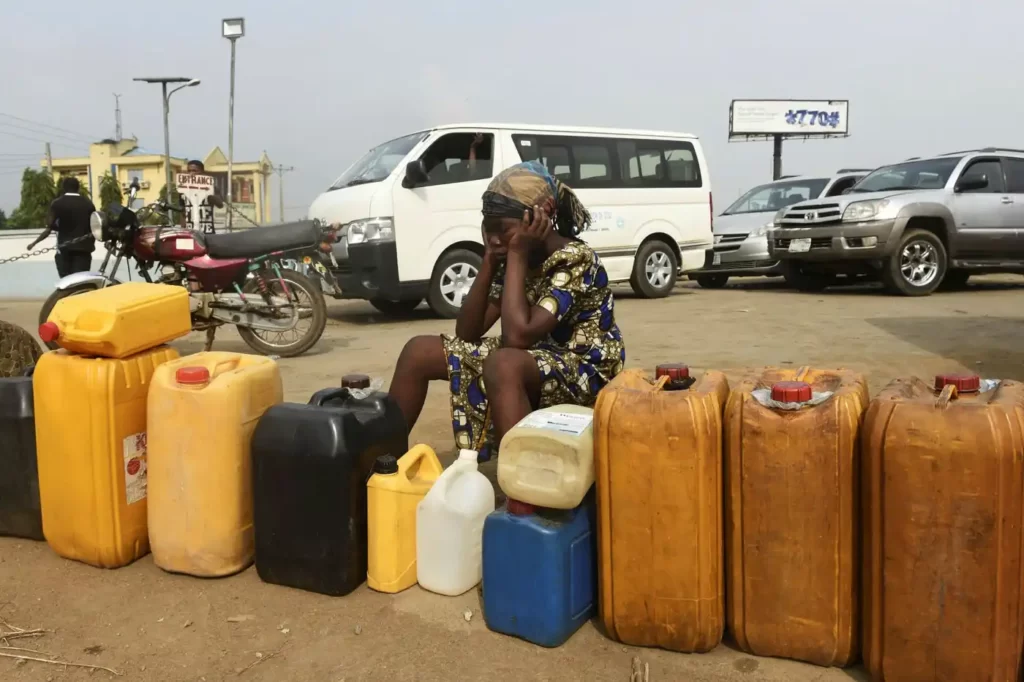Introduction
Nigeria’s fuel subsidy has long been a subject of debate and scrutiny. As a nation heavily reliant on oil exports, the issue of subsidizing fuel costs is a complex and sensitive topic that has far-reaching implications for the economy, the government’s finances, and the general population. In this blog post, we’ll delve into the intricacies of Nigeria’s fuel subsidy, examining its impacts, challenges, and potential directions for the future.
Understanding Fuel Subsidy
A fuel subsidy is a government policy aimed at artificially lowering the cost of fuel for consumers. In Nigeria’s context, this means that the government pays a portion of the actual cost of importing or producing fuel, thus allowing consumers to purchase it at a lower price at the pump. While the intention behind this policy is to alleviate the financial burden on citizens, it has sparked a range of issues over the years.
Impacts of Fuel Subsidy
- Economic Strain: Subsidizing fuel places immense pressure on Nigeria’s national budget. The funds allocated for subsidies could otherwise be directed toward critical sectors like healthcare, education, and infrastructure development.
- Misallocation of Resources: The financial resources spent on fuel subsidies could be used for more sustainable and impactful initiatives. This misallocation of resources hampers the country’s long-term development prospects.
- Fuel Smuggling and Corruption: Fuel subsidies can inadvertently incentivize illegal activities like fuel smuggling across borders. This leads to revenue loss and perpetuates corruption within the system.

Challenges Associated with Fuel Subsidy
- Fiscal Deficit: The cost of fuel subsidies contributes significantly to Nigeria’s fiscal deficit, straining the country’s financial stability.
- Market Distortions: Artificially low fuel prices can distort the market, discouraging investment in local refining and inhibiting the growth of a competitive domestic energy sector.
- Dependency on Oil: By subsidizing fuel, Nigeria perpetuates its dependency on oil exports, leaving the economy vulnerable to fluctuations in global oil prices.
Future Prospects and Possible Solutions
- Gradual Removal: Some experts advocate for a phased reduction of fuel subsidies, allowing citizens and businesses to adapt to market-based fuel prices gradually.
- Targeted Support: Instead of blanket subsidies, the government could explore targeted support mechanisms to protect vulnerable segments of the population from sudden price shocks.
- Investment in Infrastructure: Redirecting subsidy funds toward critical infrastructure projects can create jobs, stimulate economic growth, and reduce the country’s overall reliance on oil revenues.
Conclusion
The issue of Nigeria’s fuel subsidy is far from simple, as it involves intricate economic, social, and political dynamics. While it is undoubtedly a challenge to navigate, the country has the opportunity to reimagine its energy sector, foster economic diversification, and ensure more responsible use of public funds. Balancing the interests of the population with the need for sustainable development will be key in charting the course ahead for Nigeria’s fuel subsidy policy.


